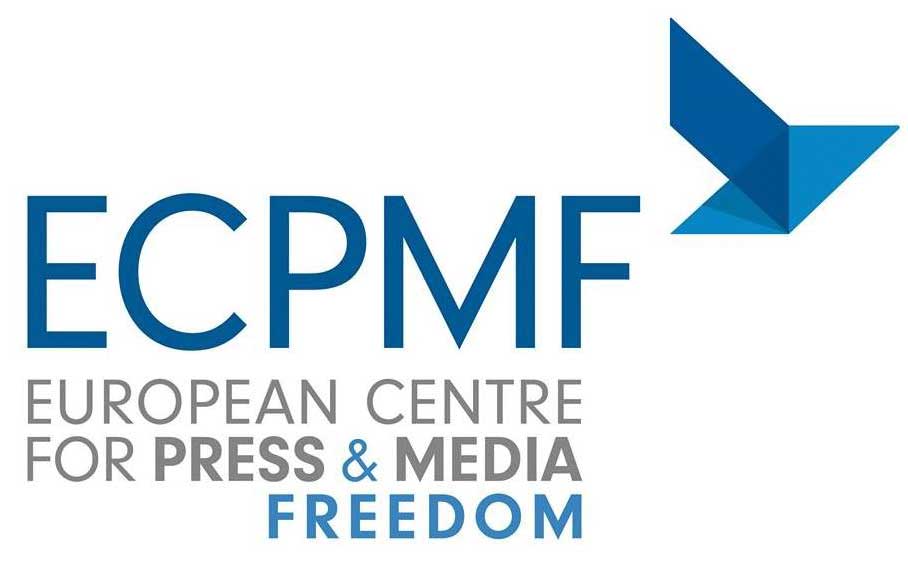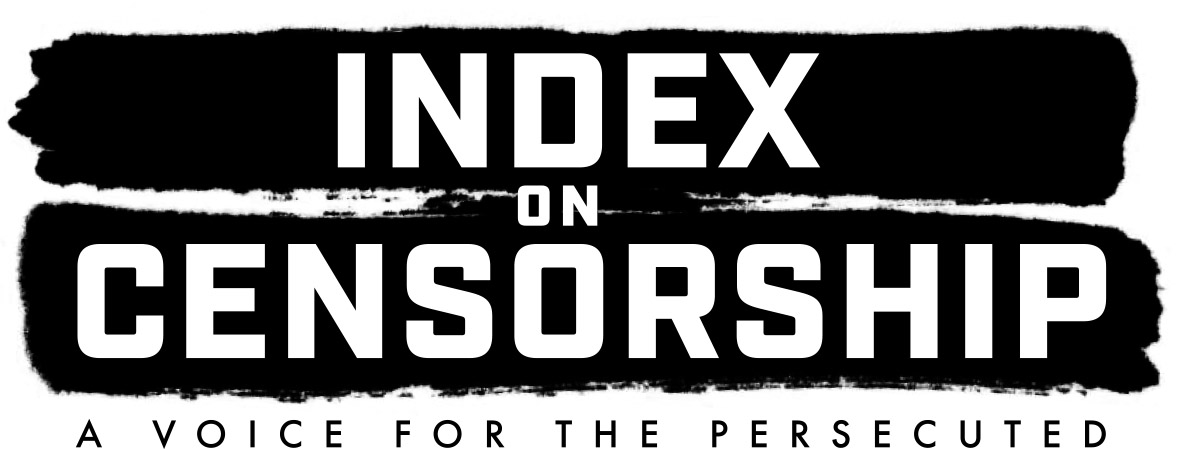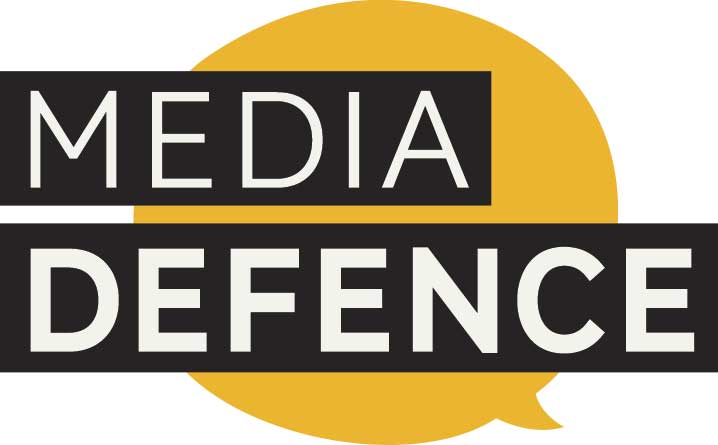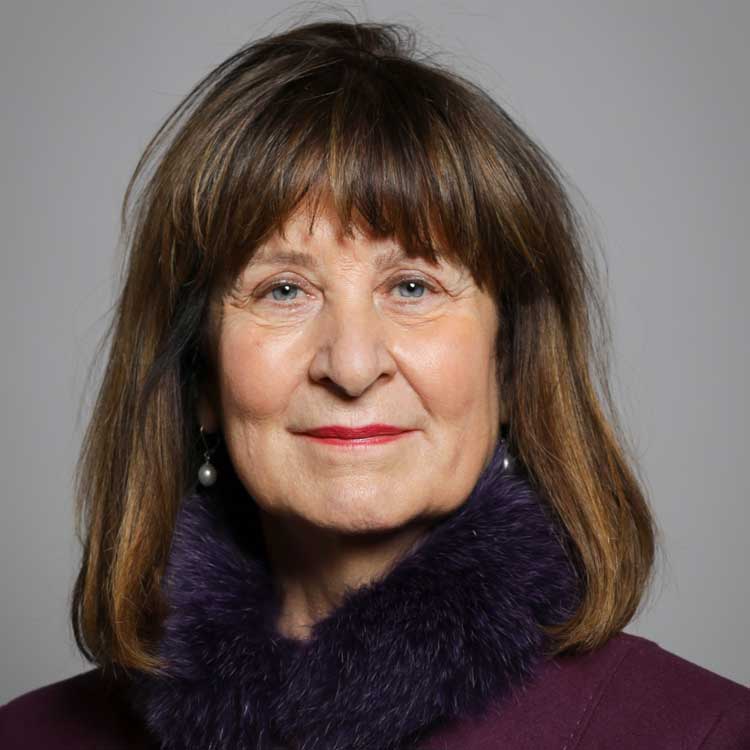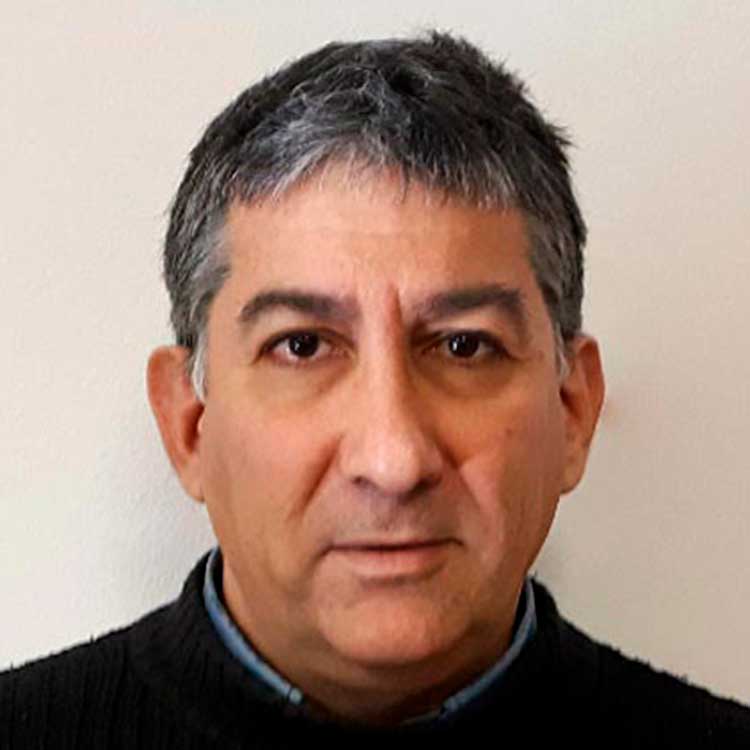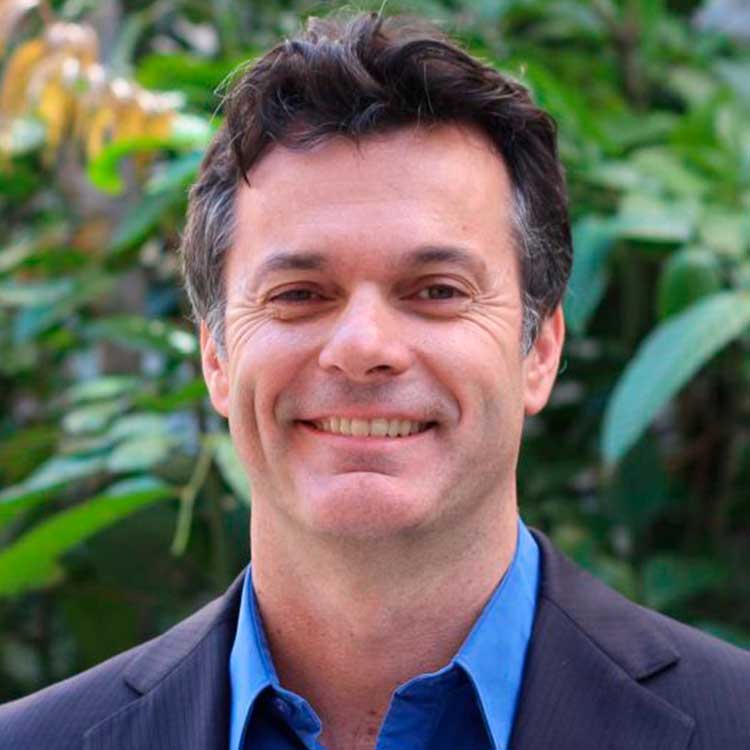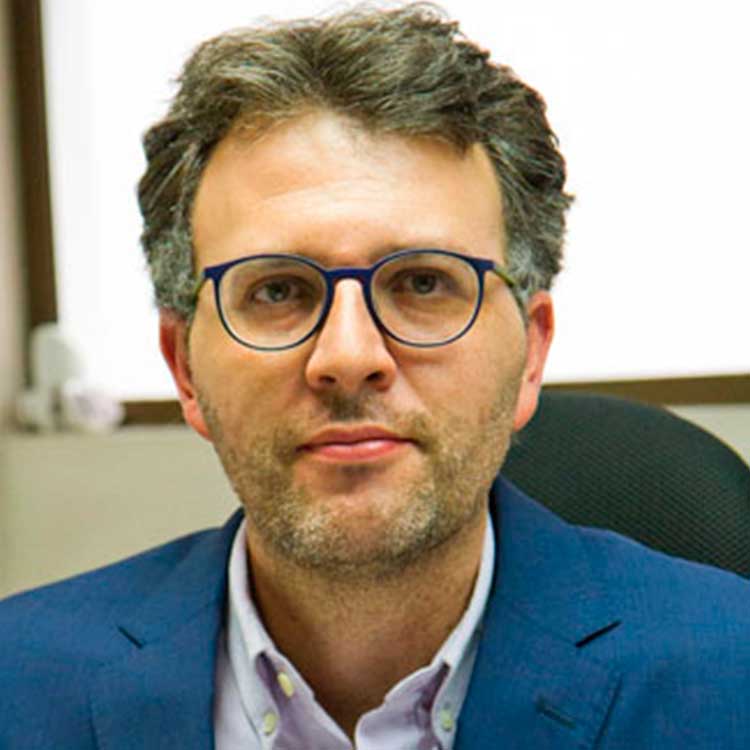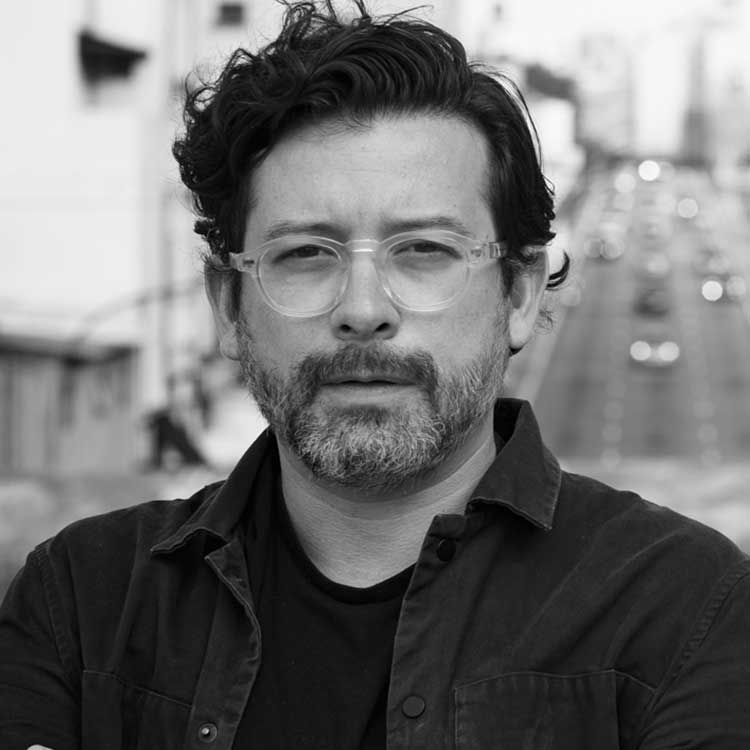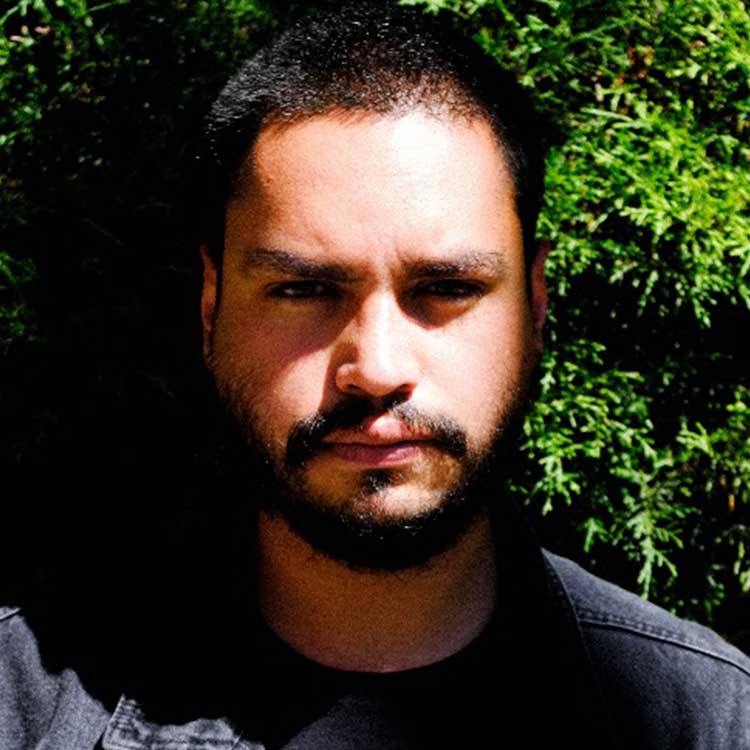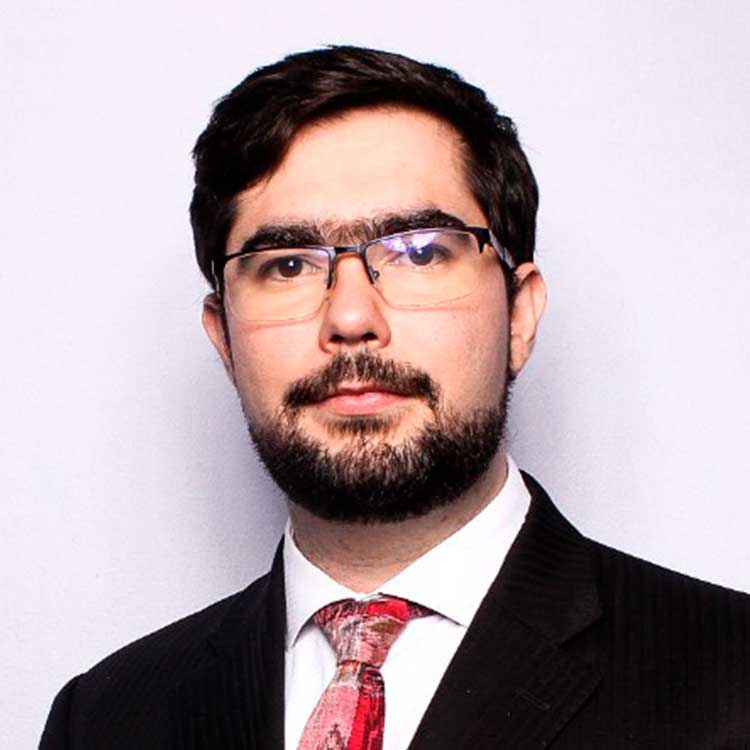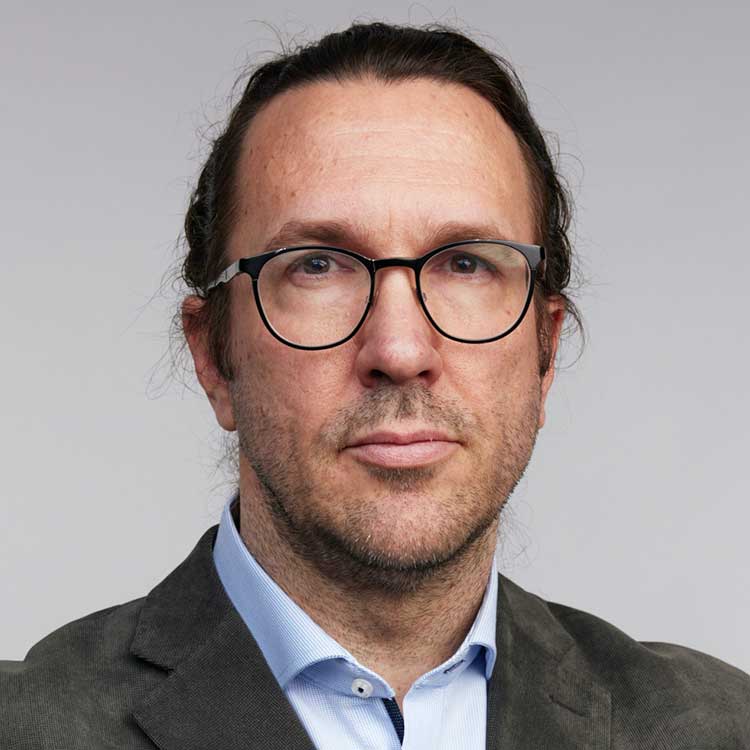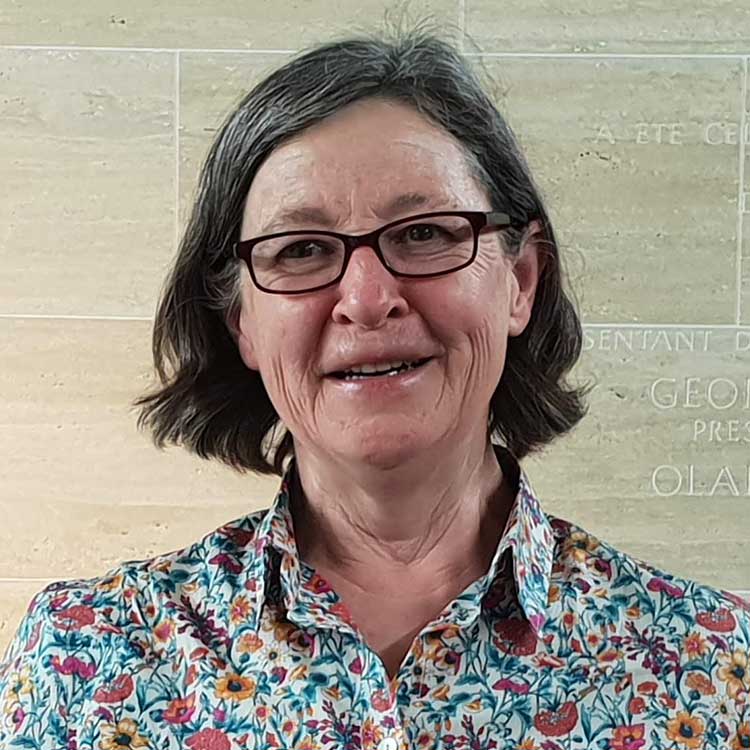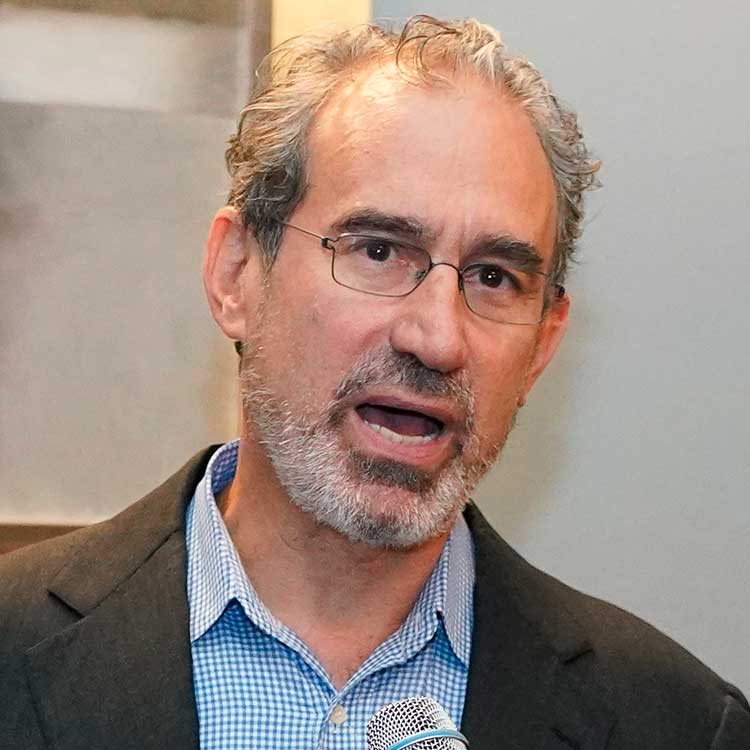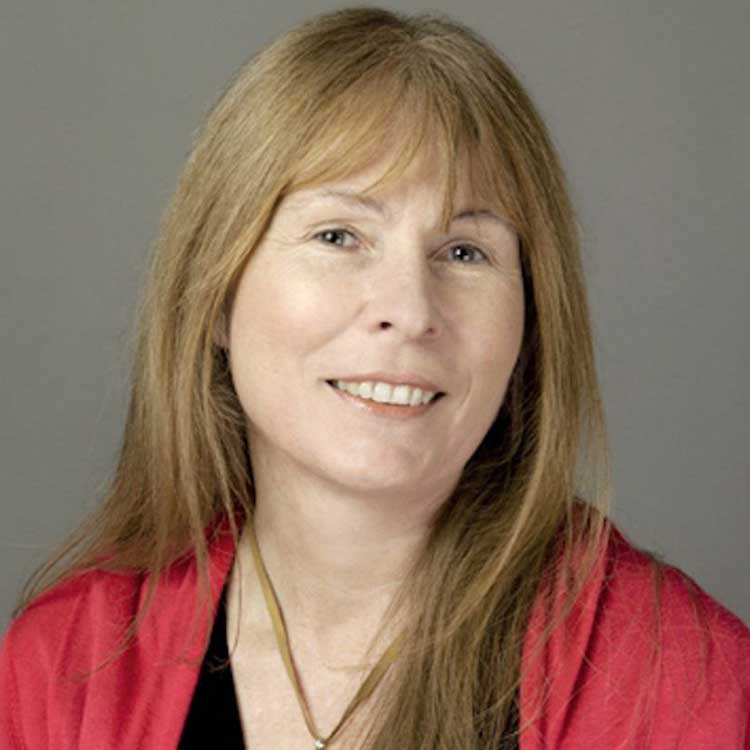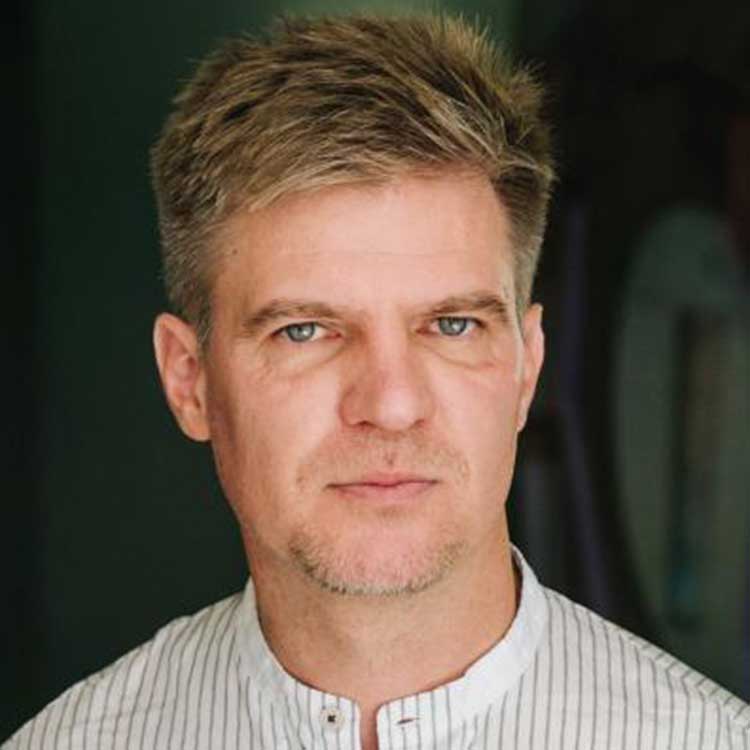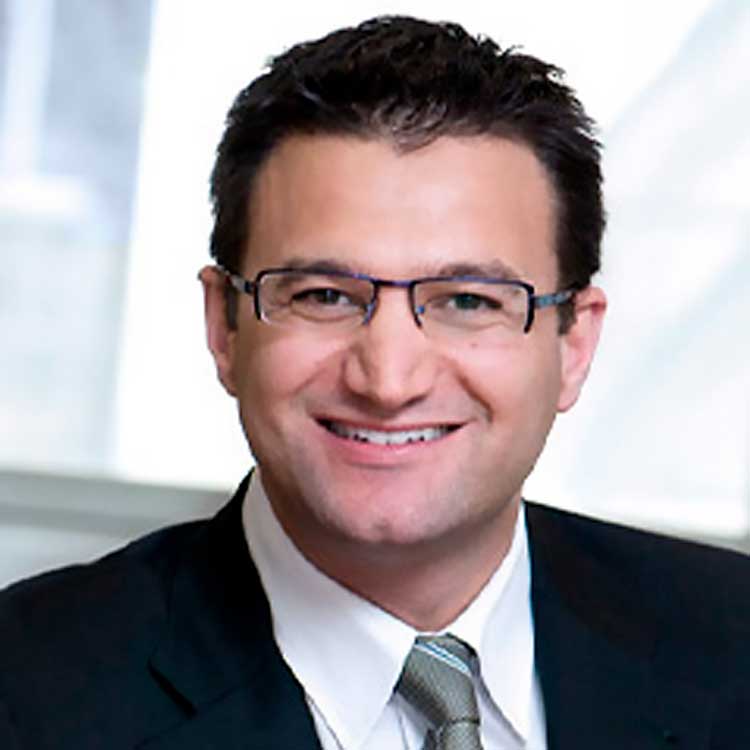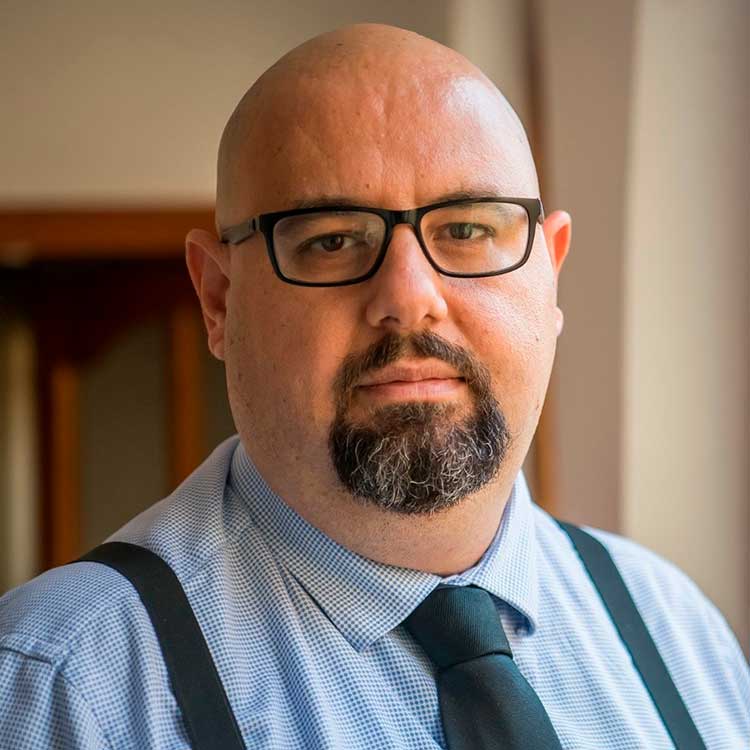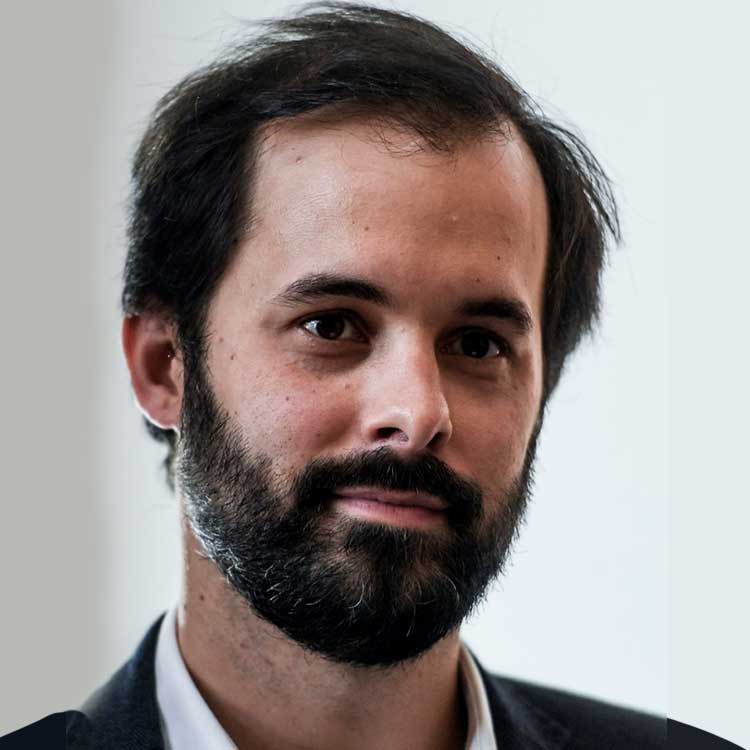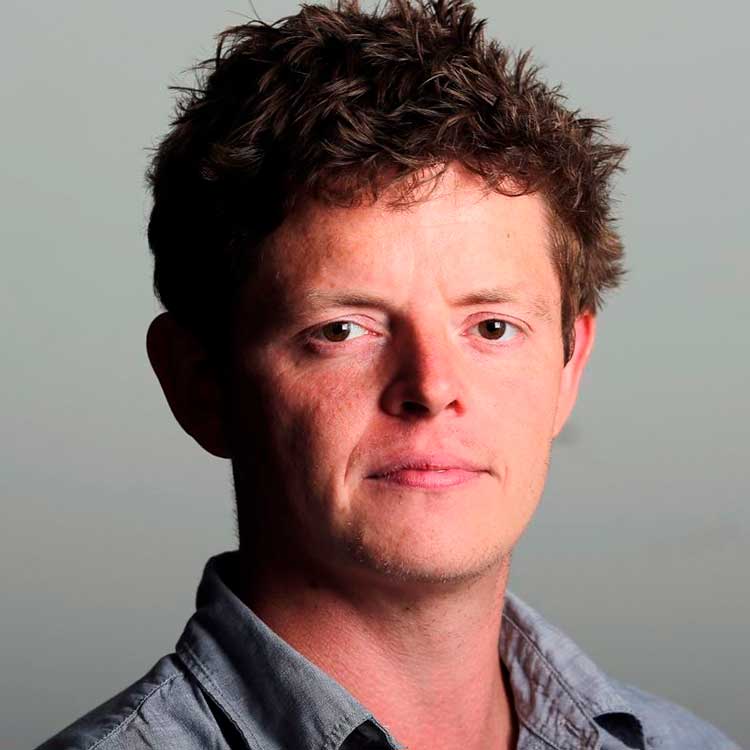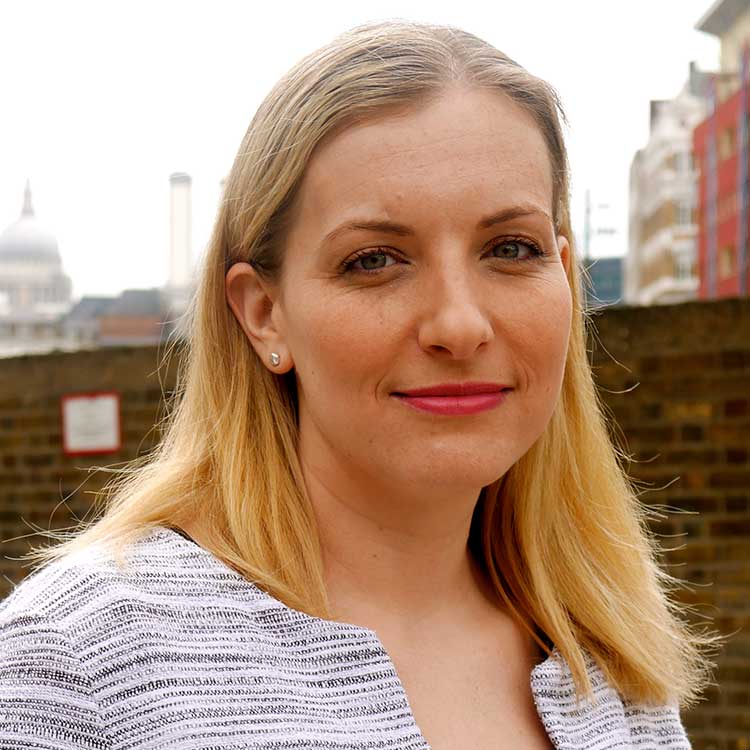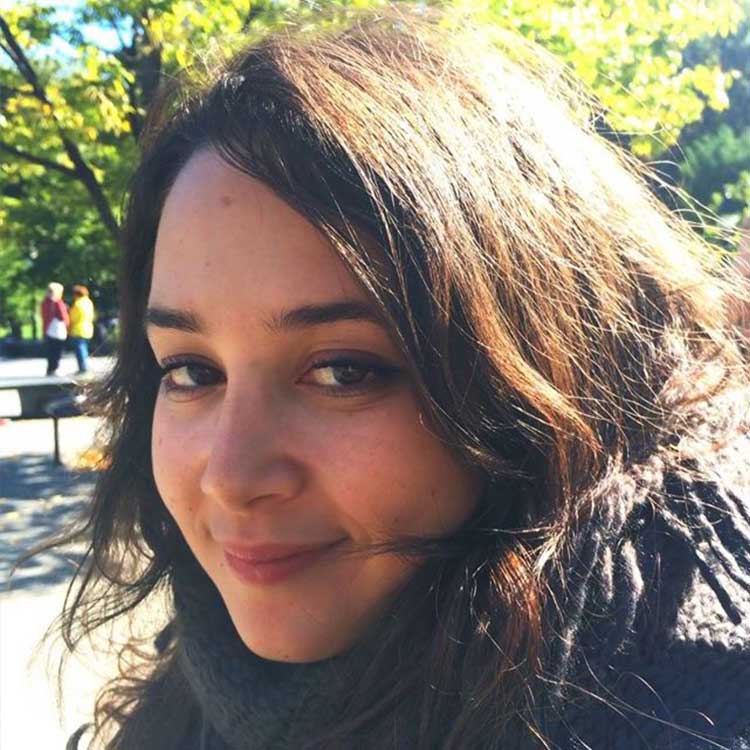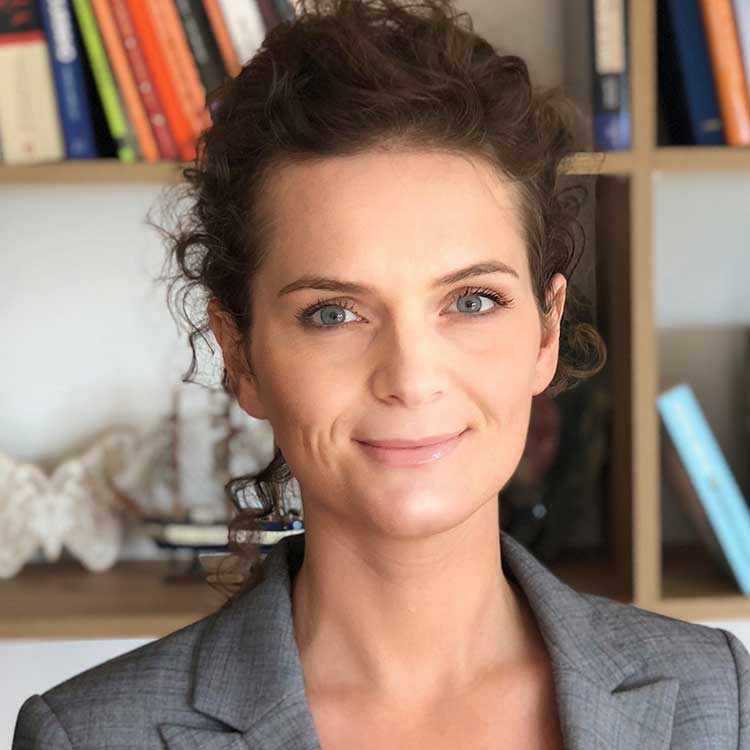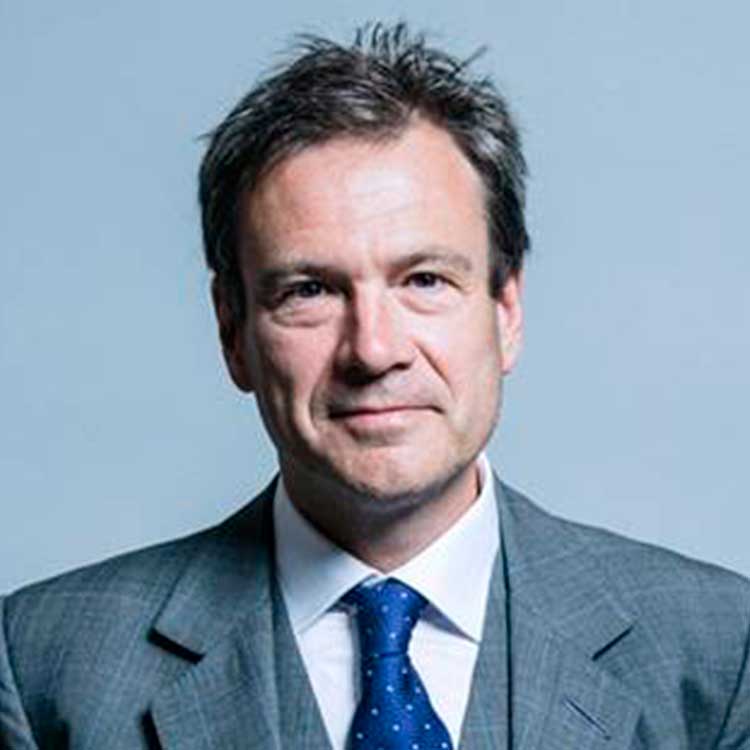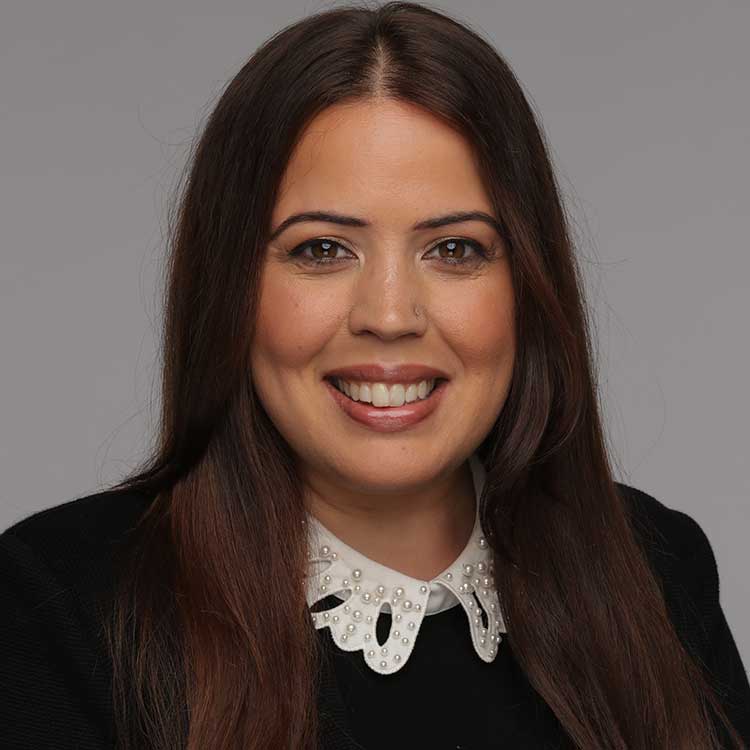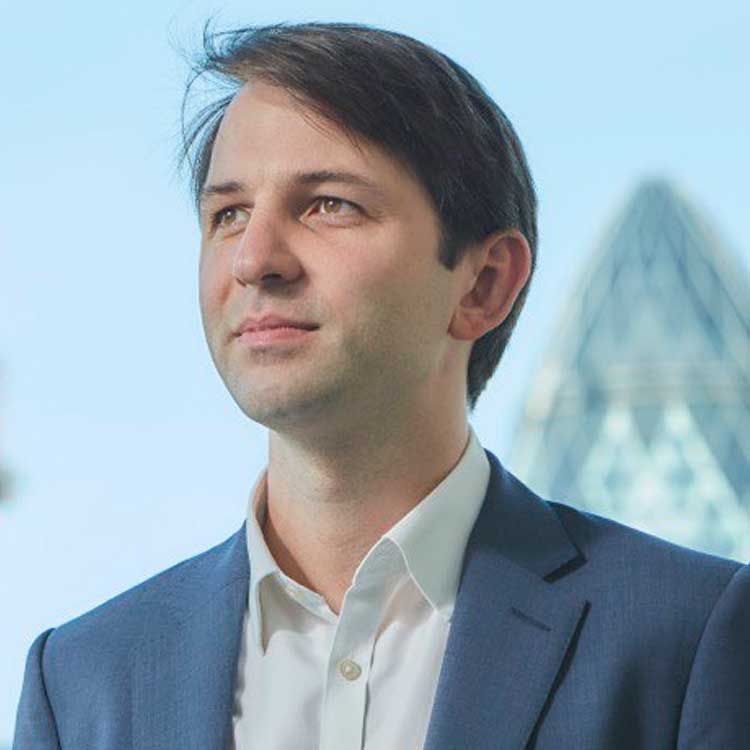Anti-SLAPP Conference 2021
Countering
legal threats
against media freedom
22-23 November 2021
In London and Online
#SLAPPS21


ABOUT THE EVENT in 2021
In 2021, the Justice for Journalists Foundation (JFJ) and the Foreign Policy Centre (FPC) hosted the first UK anti-SLAPP conference on 22-23 November 2021.
Journalists around the world are facing a significant, yet often hidden, challenge to their role as public watchdogs. The use of vexatious legal threats, often referred to as Strategic Lawsuits against Public Participation (SLAPP), have proliferated globally in recent years. They are brought by the powerful and wealthy, eager to avoid scrutiny, to intimidate journalists into either not publishing or removing information from the public domain.
This two-day conference brought together experts from across the globe to delve into this topic and examine the impact it has on journalists, media freedom and wider society. It also looked at the dual role the UK plays both as a promotor of media freedom through its Global Campaign and as a leading international source of vexatious threats against journalists (as underscored by the findings of FPC’s 2020 Unsafe for Scrutiny survey).
LIVE STREAM
DAY 2
DAY 1
ORGANISERS
Justice for Journalists Foundation (JFJ) is a London-based non-governmental organization. Our mission is to facilitate journalists’ access to existing resources and make them relevant to the specifics of each region. We believe security is the essential basis for work in the media. We help journalists acquire the skills and knowledge to address their professional challenges.
The Foreign Policy Centre (FPC) is an outward-looking, non-partisan international affairs think tank based in the UK. Our mission is to provide an open and accessible space for the ideas, knowledge and experience of experts, academics and activists from across the world, so that their voices can be heard by a global audience of citizens and decision makers in order to find solutions to today’s international challenges.
SUPPORTING ORGANISATIONS
PROGRAMME
DAY ONE
09.30 - 09.45
Arrival at venue for those attending in person
10.20 - 10.30
Short Break (10 minutes)
PANEL 1
10.30 - 11.45
The rise of SLAPPs and efforts to counter them
This session will explore the history of SLAPP, its rising usage by actors around the world keen to shut down discussions of public interest, as well as civil society efforts, particularly in the US, Europe and UK, to push back against it. While SLAPPs are targeted against a wide range of public interest actors the focus of this discussion will be on how they have been utilised against journalists and media outlets, the challenges encountered by civil society when researching and documenting cases as well as providing practical support.
Chair:
Speakers:
11.45 - 12.00
Short Break (10 minutes)
PANEL 2
12.00 - 13.15
SLAPPed – a Global Phenomenon: Poland, Slovenia, Cyprus, India and Australia
SLAPPs are a global phenomenon and there are examples of legal action being taken against media across the world. This first global session will highlight the experiences of journalists and media outlets in jurisdictions as diverse as Poland, Cyprus, Slovenia, India and Australia. As well as exploring the commonalities and differences of how SLAPPs are deployed, panellists will also touch upon what initiatives, if any exist, at a governmental, or intern-governmental in the case of EU countries, level to support journalists and media and prevent the vexatious use of SLAPP.
Chair:
Speakers:
13.15 - 14.15
Lunch Break (60 minutes)
PANEL 3
14.15 - 15.30
SLAPPed - a Global Phenomenon: Brazil, Colombia, Mexico and the US
SLAPPs are a global phenomenon and there are examples of legal action being taken against media across the world. This second global session will highlight the experiences of journalists and media outlets in Latin America and the US. As well as exploring the commonalities and the differences of how SLAPPs are deployed in Brazil, Colombia, Mexico and US, panellists what panellists will also touch upon what initiatives, if any exist, at a governmental, level to support journalists and media and prevent the vexatious use of SLAPP.
Chair:
Speakers:
15.30 - 15.45
Short break (15 minutes)
PANEL 4
15.45 - 17.00
London Calling: Why is England the ‘ideal’ SLAPP jurisdiction?
Chair:
Speakers:
17.00 - 18.00
EVENING
EVENT
18.00 - 19.30
When corruption and censorship collide – what happens when investigative journalists face legal intimidation?
Join Edward Lucas in conversation with investigative journalists Clare Rewcastle Brown and Paul Radu as they discuss their experiences of being sued in the London Courts as a result of investigations into financial crime and corruption, as well as the wider challenges for journalists facing legal threats, especially when emanating from the UK. For further details and to register just for this evening event click here.
Chair:
Speakers:
DAY TWO
09.30 - 09.45
Arrival at venue for those attending in person
10.20 - 10.30
Short Break (10 minutes)
PANEL 5
10.30 - 11.45
‘Not for Publication’: How lawyers and reputation managers enable legal intimidation and SLAPPs
Most legal challenges against media start with letters usually marked ‘private and confidential’ and ‘not for publication’ sent by law firms and reputation management companies. These are sometimes sent pre-publication in response to requests for information or a ‘right to reply’ from a journalist to the person or company they are investigating or afterwards in an attempt to get information amended or taken down. This session will examine how this process works, how lawyers and reputation managers are sometimes seen as ‘enablers’ in removal of information that is in the public interest and what can be done to push back against vexatious legal threats that have a similar impact to SLAPPs, but might never turn into a formal legal action.
Chair:
Speakers:
11.45 - 12.00
Short Break (10 minutes)
PANEL 6
12.00 - 13.15
SLAPPs as a ‘lawfare’ strategy against investigations into corruption and ‘dirty money’ flows
Cases of legal intimidation and SLAPPs brought against the media are often linked with journalistic investigations into financial crime and corruption. This session will examine the legal challenges that journalists, sometimes together with whistleblowers, can face when trying to expose corruption and illicit money flows. Removal of information about those accused of wrong-doing, as a result of legal challenges, can impact due diligence and anti-money laundering processes, making it harder for law enforcement to gather information and leads. This discussion will also touch upon examples of similar ‘lawfare’ tactics being utilised against official bodies and regulators.
Chair:
Speakers:
13.15 - 14.15
Lunch Break (60 minutes)
PANEL 7
14.15 - 15.30
SLAPPed, what next? The impact of legal challenges on individuals and society, and steps to counter them
The impact of SLAPPs can be devastating, both in terms of the individual journalist or media outlet subject to them, as well as the wider repercussions for society. SLAPP victims can face financial challenges, have valuable time taken away from their work, and place a huge burden on their mental wellbeing. Moreover, by preventing the journalist or media outlet from publishing or forcing them to redact information, SLAPPs can have a ripple effect, impacting societies right to know and preventing or delaying the redress of wrongdoings. This session will explore these issues as well as discuss what steps journalists and others subject to SLAPPs can take when faced with legal challenges.
Chair:
Speakers:
15.30 - 15.45
Short break (15 minutes)
PANEL 8
15.45 - 17.00
What should the UK do to address legal intimidation and SLAPPs?
This panel will discuss what the UK can and should do to address the issue of SLAPPs domestically as well as internationally. It will discuss potential regulatory and legislative measures, which could also take the form of a UK anti-SLAPP law, as proposed by the UK anti-SLAPP coalition, as well as steps the UK Government could take to promote anti-SLAPP initiatives around the world as a leader of the Global Media Freedom Campaign.
Chair:
Speakers:
17.00 - 17.10
CLOSE OF CONFERENCE



